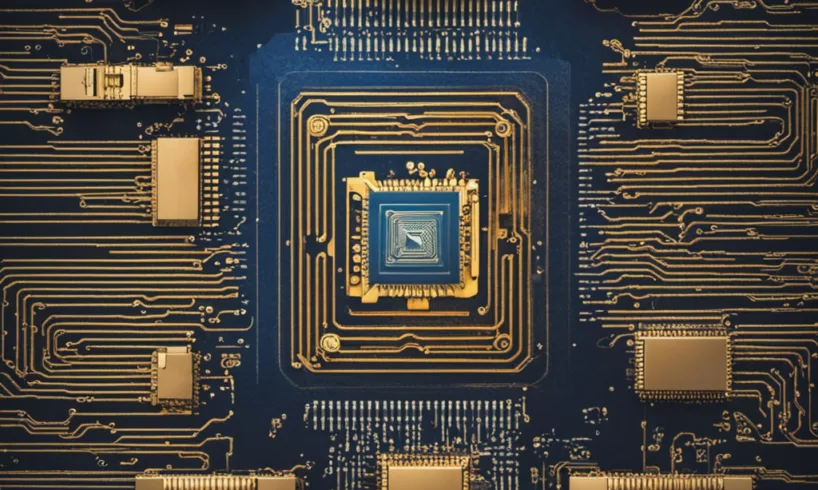
The global quantum computing market is projected to reach US$856.33 million by 2023, with a compound annual growth rate (CAGR) of 40.07% from 2022 to 2027.
The field of quantum computing is experiencing unprecedented growth, with the potential to revolutionize industries and solve complex problems that were once considered impossible. Leveraging the principles of quantum mechanics, quantum computers utilize qubits to process information in ways that surpass the capabilities of classical computers.
As the demand for high-speed computing, advanced encryption, and breakthroughs in drug discovery continues to rise, the global quantum computing market is poised for remarkable growth. This article explores the components, applications, technologies, end-users, and regions shaping the quantum computing landscape.
By Component: Hardware, Software, and Services
The global quantum computing market can be categorized into three primary segments based on components: hardware, software, and services. Currently, the hardware segment holds the largest share of the market, driven by the development of advanced quantum processors and other essential components.
However, the services segment is expected to exhibit the highest compound annual growth rate (CAGR) during the forecast period. This growth can be attributed to the increasing number of startups globally and significant investments in research and development activities related to quantum computing technology.
By Application: Optimization, Machine Learning, and Material Simulation
Quantum computing finds applications in various fields, including optimization, machine learning, and material simulation. The optimization segment currently holds most of the market share, as quantum computing can significantly enhance capacity, runtime, and learning efficiency in optimization algorithms. However, the machine learning segment is expected to experience the fastest growth, driven by the increasing demand for advanced data analysis and pattern recognition capabilities.
By Technology: Quantum Annealing, Superconducting, Trapped Ion, Quantum Dot, and Others
Different technologies are employed in quantum computing, including quantum annealing, superconducting, trapped ions, quantum dots, and others. Among these, the superconducting technology dominates the market due to its ability to facilitate faster quantum operations compared to other technologies. Superconducting qubits have shown promising results in achieving long coherence times, making them a preferred choice for many quantum computing applications.
By End-User: Finance & Investment, Transportation & Logistics, Aerospace, Agriculture, and Others
The global quantum computing market serves various industries, including finance and investment, transportation and logistics, aerospace, agriculture, and more. The agriculture segment is expected to grow at the highest CAGR due to the adoption of data analytics and AI-backed crop intelligence solutions. These solutions enhance farmers’ decision-making processes and crop management practices, increasing productivity and efficiency.
Geographic Coverage: North America, Europe, Asia Pacific, Latin America, and the Middle East & Africa
The global quantum computing market is analyzed across five major regions: North America, Europe, Asia Pacific, Latin America, and the Middle East & Africa. Currently, North America dominates the market, primarily due to well-established technology development centers, increased research and development activities, and early adoption of advanced technologies.
However, the Asia Pacific region is expected to lead the global quantum computing market during the forecast period, driven by the banking and finance industry, advancements in the information technology sector, and the growing utilization of emerging technologies in industrial manufacturing.
The global quantum computing market is experiencing significant growth, driven by the increasing demand for high-speed computing, advanced encryption, and breakthroughs in various industries. While hardware currently holds the largest market share, the services segment is expected to exhibit the highest growth rate.
Quantum computing’s applications in optimization, machine learning, and material simulation are transforming industries and driving the need for advanced computational capabilities. With ongoing technological advancements and the integration of quantum computing with emerging technologies like IoT, the future of quantum computing looks promising. As organizations seek more efficient computational methods, quantum computing is poised to play a crucial role in shaping the future of technology.

Shanique Taylor is an expert writer with over 150 publications on several blogs and websites before she joined our team at DailyTechFeed. Shanique specializes in Lifestyle, Health and News articles. Shanique Taylor is also a web expert and keeps us running.


